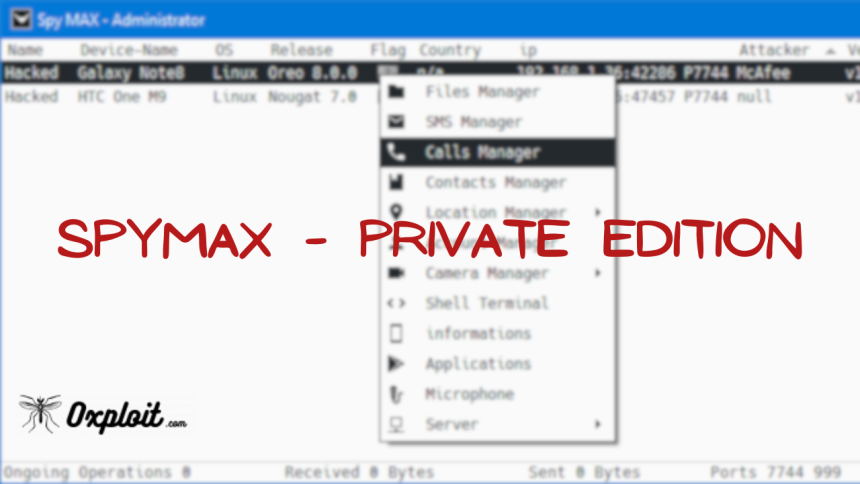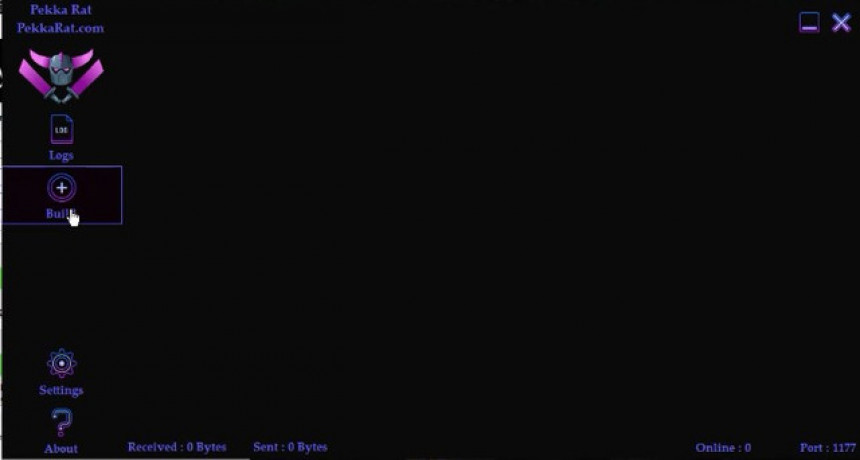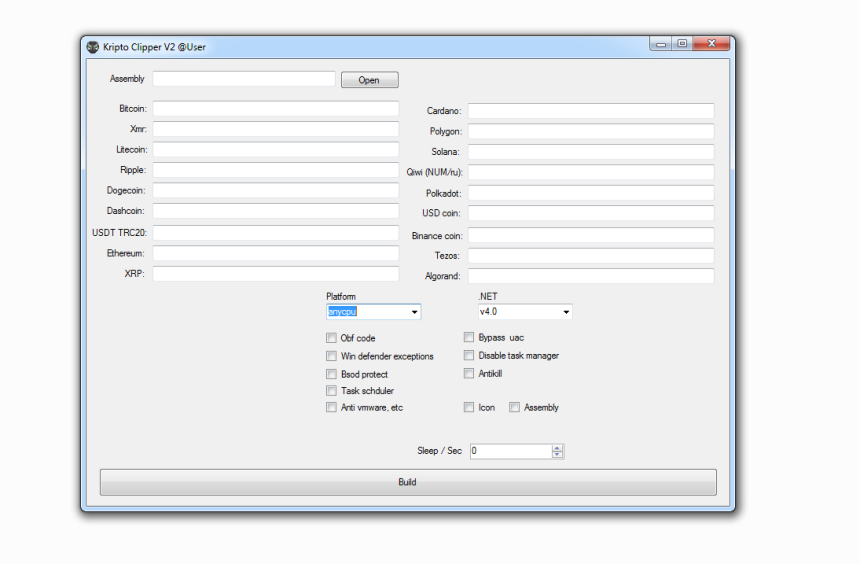
Malicious WebAPK (PWA): A New Threat Exploiting Android Devices
Beware of WebAPK: Android's new threat. Attackers exploit WebAPK to install malicious apps, posing risks to personal data. Learn more about this phishing technique.
Introduction To Malicious WebApk
In a concerning development, cyber attackers have found a new way to compromise the security of Android smartphones. By leveraging the power of WebAPK technology, they are now able to force unsuspecting users into installing malicious web applications that pose a severe risk to their sensitive personal information. This alarming revelation comes from the experts at the Polish Computer Security Incident Response Team (CSIRT KNF), shedding light on the emerging threat landscape. In this article, we will explore what WebAPK is and how it is being exploited by attackers. Additionally, we will delve into the concept of phishing, a technique that plays a central role in these malicious campaigns.
Understanding WebAPK (PWA):
WebAPK, or Progressive Web Apps (PWA), is an innovative technology that enables users to install web applications directly onto their Android devices' home screens without the need to download them from the Google Play Store. This convenient feature, as explained by Google, allows PWAs to be seamlessly integrated into the user experience. By minting and signing the APK for the PWA, the browser can automatically install the app on the user's device. This process is facilitated by trusted providers, such as Google Play Services or Samsung, thereby maintaining the integrity of the security system.
The Malicious Exploitation Of Progressive Web App:
Unfortunately, cybercriminals have found a way to manipulate WebAPK for nefarious purposes. Victims receive deceptive SMS messages, often disguised as updates for their mobile banking apps. These messages prompt users to click on a link that directs them to a website utilizing WebAPK technology. Once accessed, the website installs a malicious application onto the victim's device, masquerading as a reputable institution like Poland's largest bank, PKO Bank Polski. This devious tactic preys on unsuspecting individuals, who unknowingly grant access to their sensitive personal information.
The Phishing Connection To Web Based Apks:
At the heart of these attacks lies the technique of phishing. Phishing is a malicious practice wherein cybercriminals deceive individuals into divulging their confidential information, such as usernames, passwords, or financial details. In this specific case, the installed fake banking app, identified as "org.chromium.webapk.a798467883c056fed_v2," cleverly prompts users to enter their banking credentials and two-factor authentication (2FA) tokens. This information is then surreptitiously collected by the attackers, giving them unauthorized access to the victim's financial accounts.
Challenges in Combating WebAPK Attacks:
Countering these insidious attacks poses significant challenges for cybersecurity professionals. WebAPK applications generate unique package names and checksums on each device, dynamically generated by the Chrome engine. This constant variation makes it incredibly difficult to use these identifiers as reliable indicators of compromise (IoC). As a result, detecting and mitigating such threats becomes a complex task, requiring innovative strategies and technologies.
Protective Measures Against Malicious Pwa Attacks:
To safeguard against these malicious campaigns, it is recommended to proactively block websites that exploit the WebAPK mechanism for phishing attacks. This preventive approach helps prevent users from falling victim to deceptive links and inadvertently installing malicious applications on their devices. Additionally, maintaining awareness of phishing techniques and practicing cautious online behavior are crucial steps in protecting personal information from falling into the wrong hands.
Conclusion:
The exploitation of WebAPK technology to deliver malicious web applications underscores the evolving landscape of cyber threats. With phishing at its core, these attacks capitalize on users' trust and exploit their vulnerability. By staying informed, exercising caution, and taking preventive measures, individuals can fortify their defenses and mitigate the risks posed by such sophisticated attacks. As the battle between cybercriminals and cybersecurity professionals continues, remaining vigilant and adopting proactive security measures become paramount in safeguarding our digital lives.





